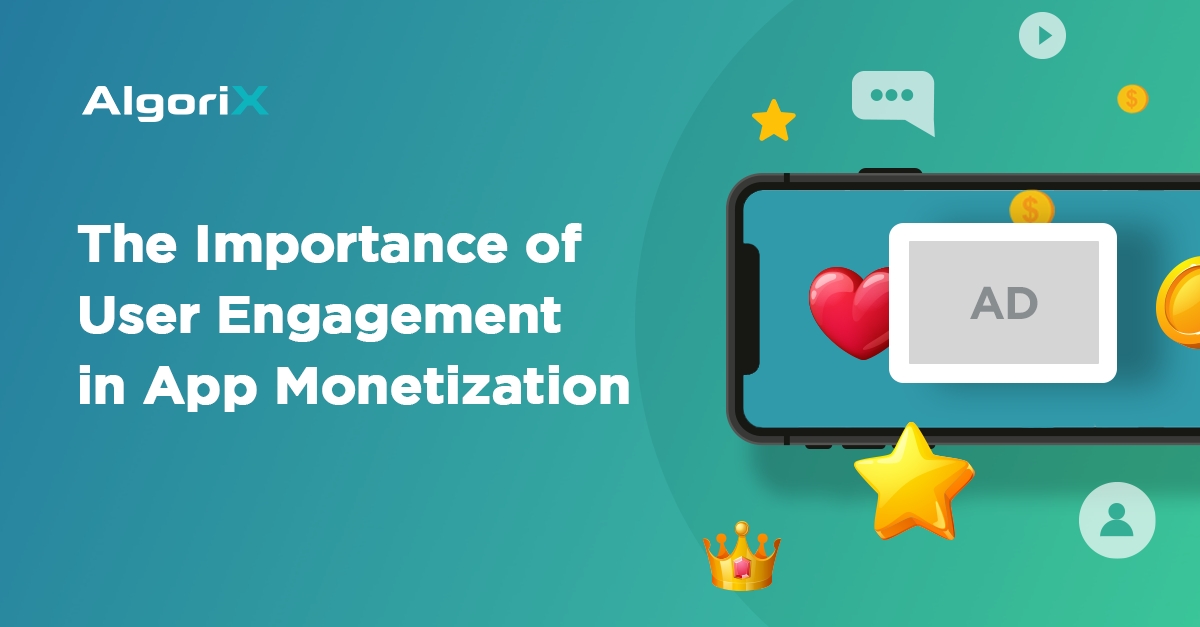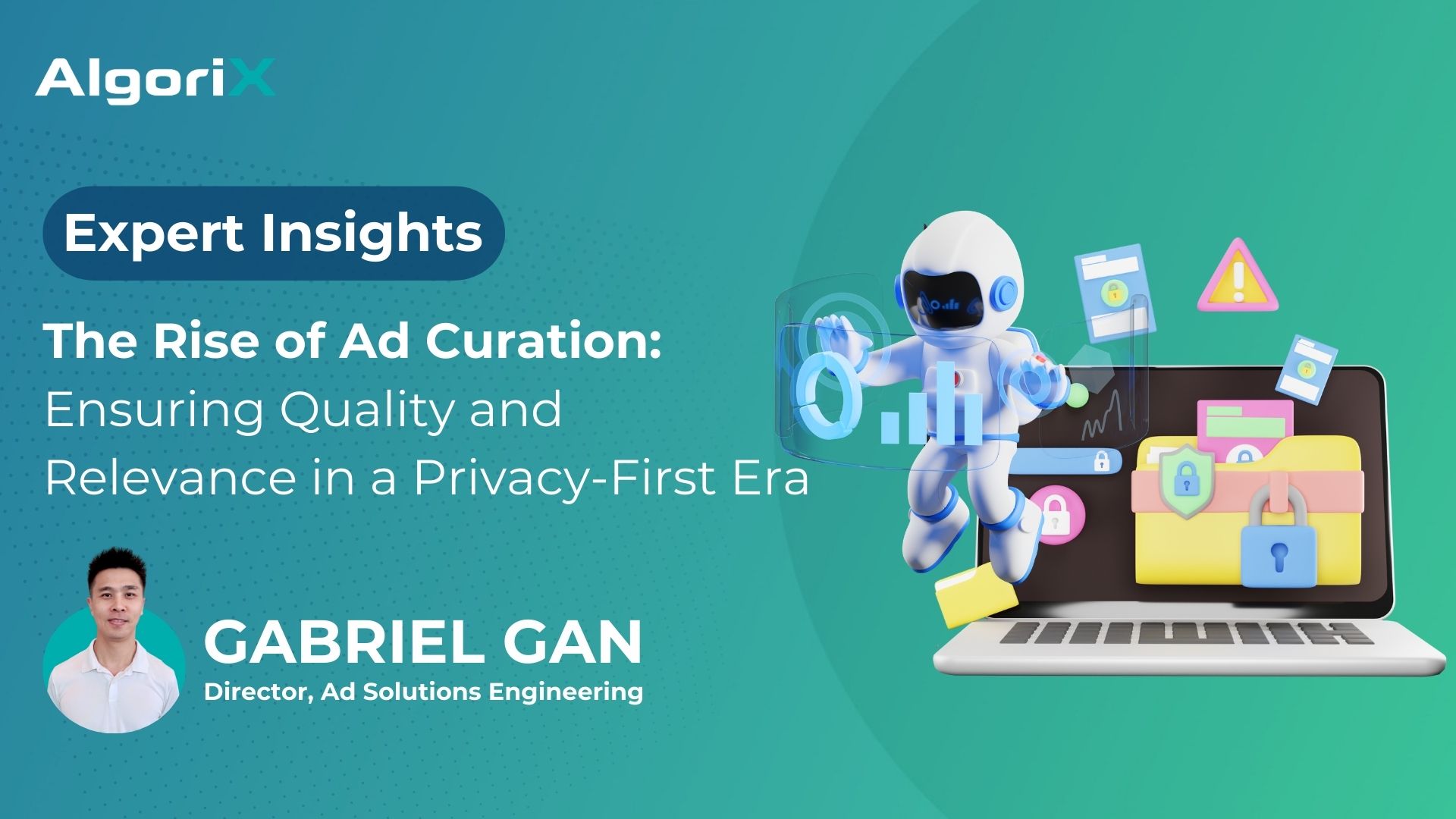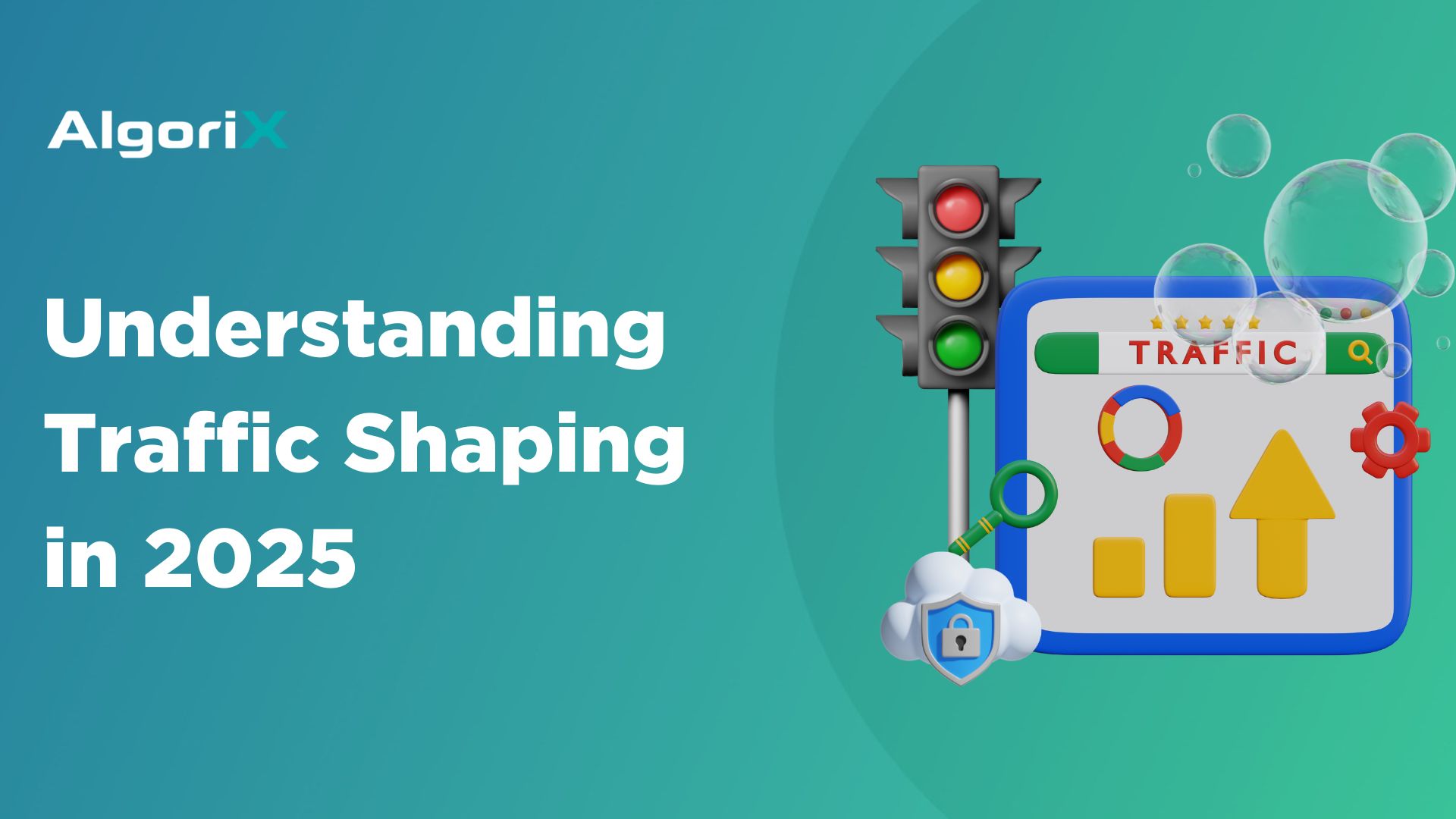Mobile advertising is crucial in generating income for developers and publishers, determining the success or failure of apps and games within a highly competitive market. Research reveals that, in addition to in-app purchases and subscriptions, an overwhelming majority of the highest-earning games rely on advertisements as a monetization strategy.
To maximize earnings, however, it’s vital to understand and improve the key indicators of monetizing mobile ads. In the past, most developers mainly concentrated only on short-term indicators such as download numbers, which could impede long-term success as this often overlooks user experience and retention. At present, however, more and more developers have recognized the value of user engagement. A report shows that ninety percent of users continue using an app, even if they engage only once per week. Below, we summarize why user retention and engagement can eventually generate higher revenue specifically for in-app ads.
The Role of User Engagement in Monetization Through In-App Ads
The role of user engagement is paramount when it comes to monetizing through in-app ads. User engagement refers to the level of interaction, involvement, and interest that app users have with the app and its content. The higher the user engagement, the more effective and profitable the in-app advertising strategy can be. This is because, ultimately, the goal of most advertisers is to generate genuine user interaction. Delivering this can encourage more investments into your apps. So when does user engagement specifically come into play?
Choosing the Right Ad Format
User Targeting and Ad Frequency
Creating Attractive Incentives
Tips for Improving User Engagement
Humanize Messaging
Monitor In-App Ad Quality
Invest in Gamification
Monetize With Improved User Engagement
Find out how AlgoriX can help you monetize your app without compromising on user experience. Connect with our experts today!













